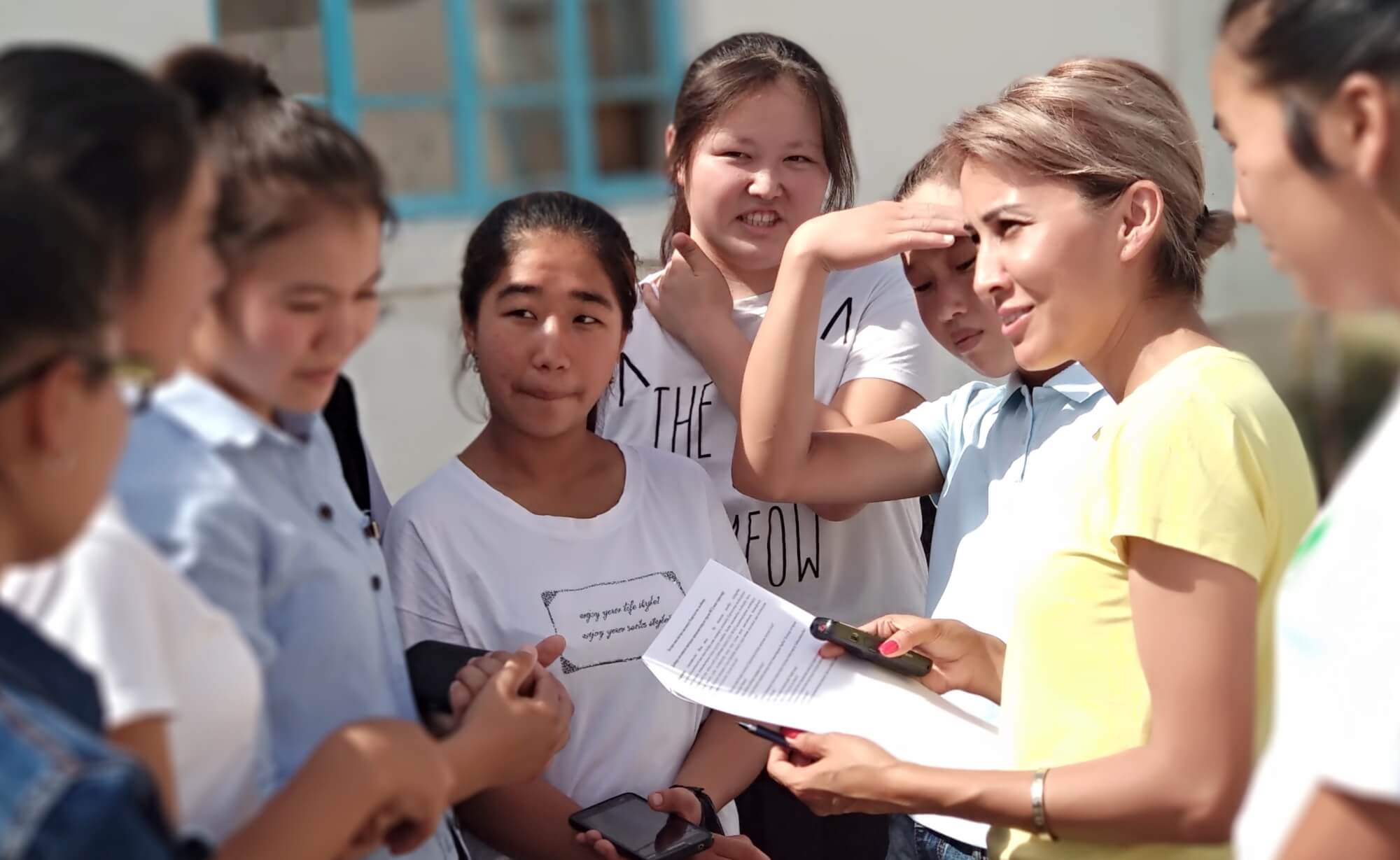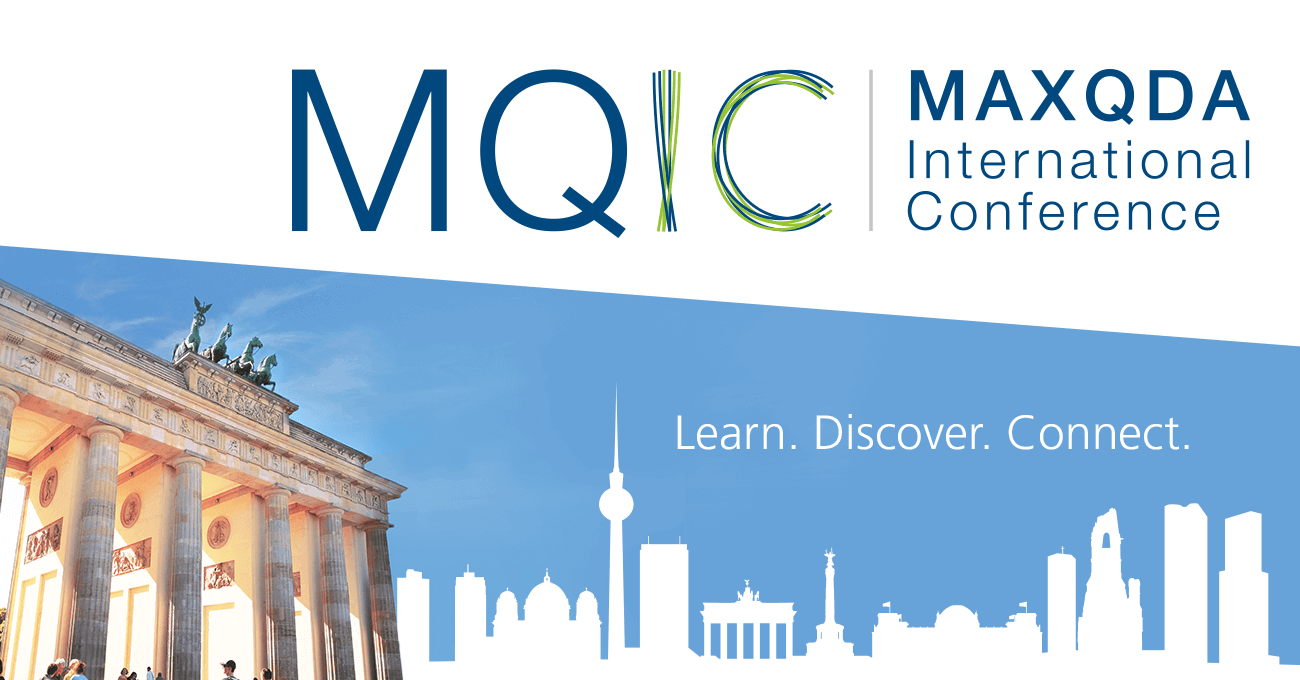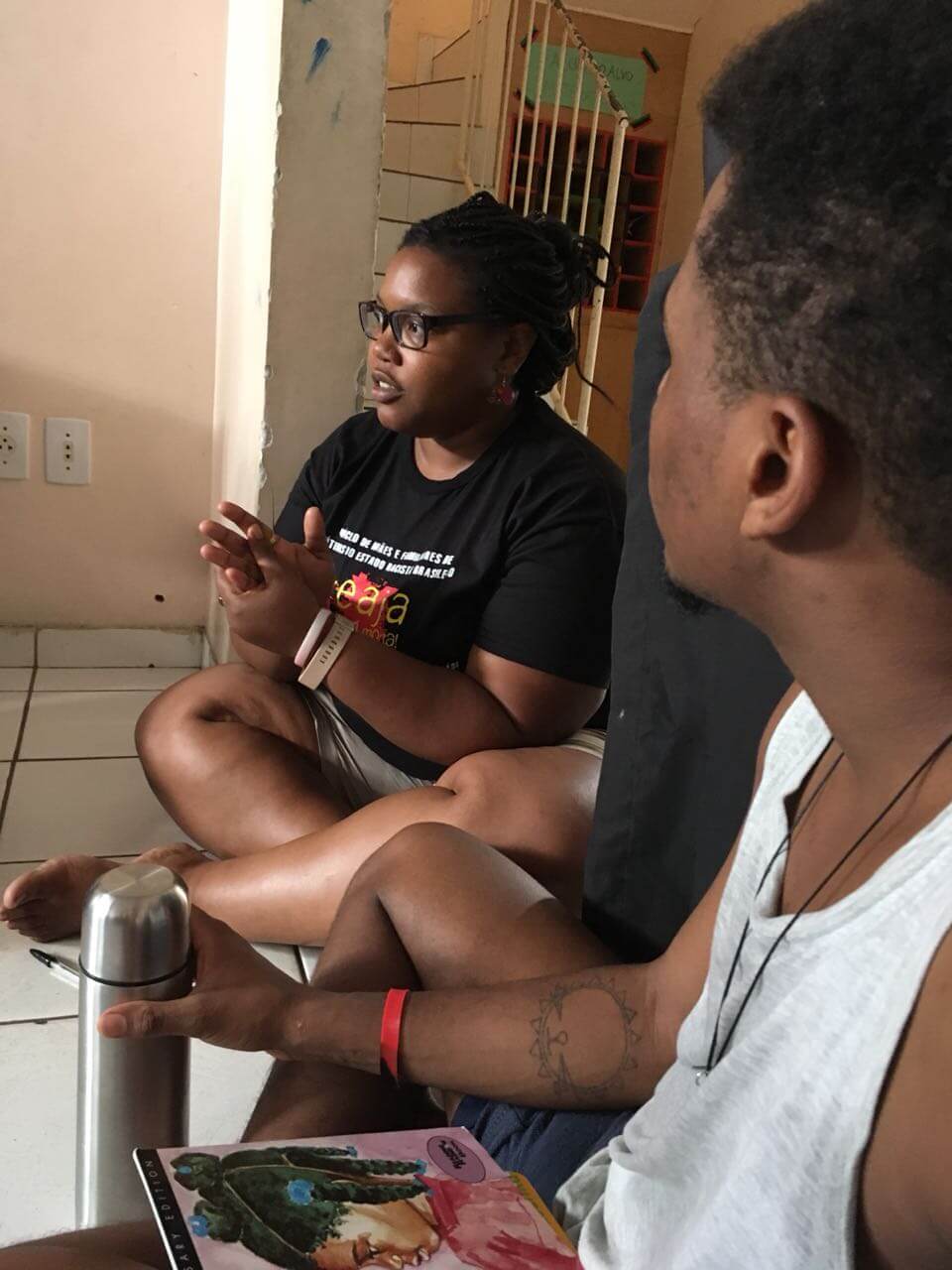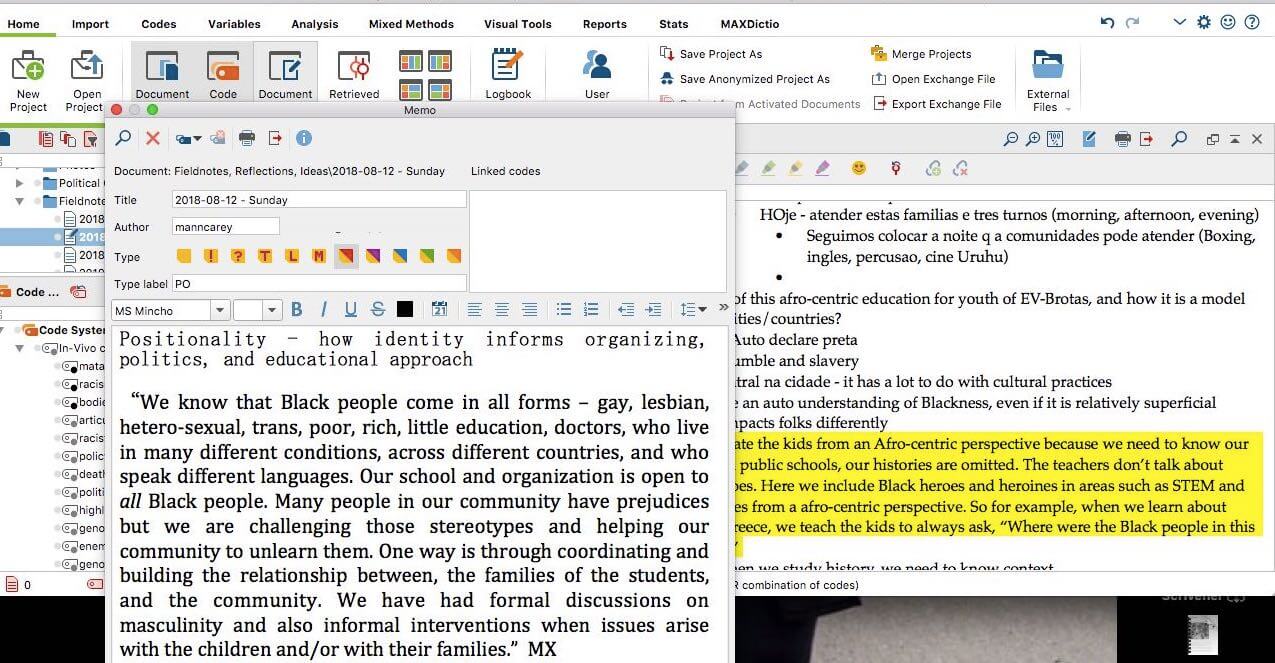Guest post by Haitao Yu.
Despite significant social and economic progress during the past two centuries, economic development – ironically – has put some communities’ livelihoods in peril through globalization. As the 21st century unfolds, sustainable development, the development that meets the current generation’s needs without compromising the interest of future generations, has become both a timely and immensely imperative issue regarding ecological limits. Our understanding of sustainable development in Indigenous communities, however, is particularly under-examined as the local worldviews often collide with the dominant Western way of thinking.
It is important to study sustainable development in Indigenous communities because they are often the most in need of it and most vulnerable to economic exploitation – and the least able to make their sustainable development aspirations heard. In my research, I seek to address the question of how organizations can contribute to sustainable development in Indigenous communities through place-based organizing.
Ethnographic Work in the Peruvian Andes
In 2017, I conducted a three-month ethnographic study on the Tibetan Plateau of a social enterprise called Norlha Textiles, which utilizes yak wool to create high-end textiles, thus offering sustainable livelihood for the members of a Tibetan nomadic village. This experience sharpened my ability to conduct culturally appropriate, community-based, and collaborative research in an Indigenous setting.
During this study, I also came to learn about some European luxury textile companies’ work on alpaca fiber in the Peruvian Andes. I expected that there might be something similar happening in the Andes, where organizations use local resources to develop the economy while contributing to cultural preservation. This discovery became the basis for my current fieldwork project.
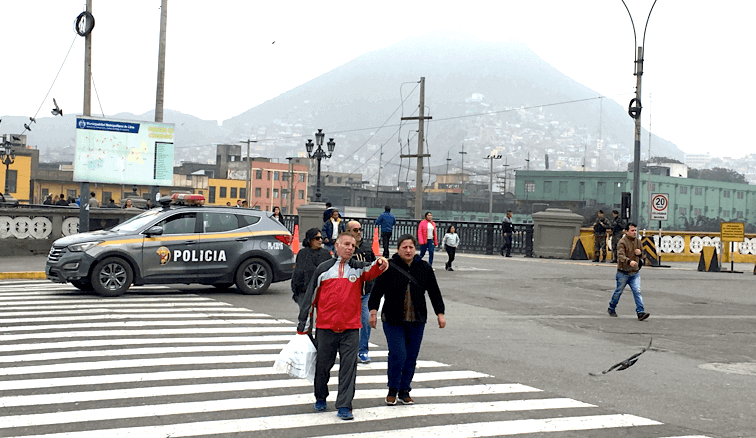
The small buildings that are located in the “desert” bordering the volcanoes are where the immigrants live in the city of Arequipa
Data Access Strategy
Following a phase of ‘desk research’, I realized that there is an even bigger alpaca fiber industry in the Peruvian Andes than on the Tibetan Plateau. One of the leading companies I found consistently mentions the connection between their work and Peru’s cultural heritage and ecological well-being in their media communications. They even established an independent organization called Pacomarca (sustainable alpaca network) to support the sustainable use of alpaca fiber. This information strengthened my belief that there is more to be researched in this region.
Through a contact in Peru, I was introduced to a professor at the National Agrarian University in Lima, who is working on alpaca gene refinement. The professor kindly introduced me to the International Association of Alpacas in Arequipa, which mediated my research with organizations working on alpaca fibers in the Andes, and that is how I came to be where I am today.
